Ever wonder how low the temps can drop before your heat pump quits? It’s a common worry, especially here in the UK where a sudden chill can hit overnight. The short answer is that most modern air‑source heat pumps keep working down to about -15°C (5°F), but performance does dip as it gets colder. Knowing the limits helps you plan maintenance and avoid surprise breakdowns.
Heat pumps pull heat from the outside air (or ground) and move it inside. When the air gets colder, there’s less heat to steal, so the unit has to work harder. This means a drop in the coefficient of performance (COP) – the ratio of heat output to electricity used. Below the manufacturer’s rated low‑temperature point, the pump may still run, but you’ll see lower heating output and higher electricity bills. In extreme cold, some units switch to an auxiliary electric heater to keep rooms warm, which can spike costs.
1. Choose the right model. Look for a heat pump with a proven low‑temp rating – many newer “cold‑climate” models are tested down to -20°C. Check the spec sheet before buying.
2. Maintain clear airflow. Snow, leaves, or garden debris can block the outdoor fan. Keep the unit fenced off and clear the area regularly, especially after a storm.
3. Upgrade the refrigerant. Some manufacturers now use R‑32 or other blends that perform better at low temps. Ask your installer if a retrofit is possible.
4. Use a backup heater wisely. If your system has an electric boost, set it to kick in only when the indoor temperature falls below a comfortable level. That saves energy while still keeping you cozy.
5. Schedule seasonal service. A professional check‑up before winter can catch low‑noise fan issues, refrigerant leaks, or worn‑out compressors that become critical in the cold.
By understanding the lowest temperature your heat pump can handle and taking these simple steps, you’ll keep your home warm without wasting power. If you notice a sudden drop in heat output or strange noises, it’s time to call a local expert. Our team at Bognor Regis Appliance Repair Experts can inspect, service, or repair your heat pump to make sure it fights the chill all season long.
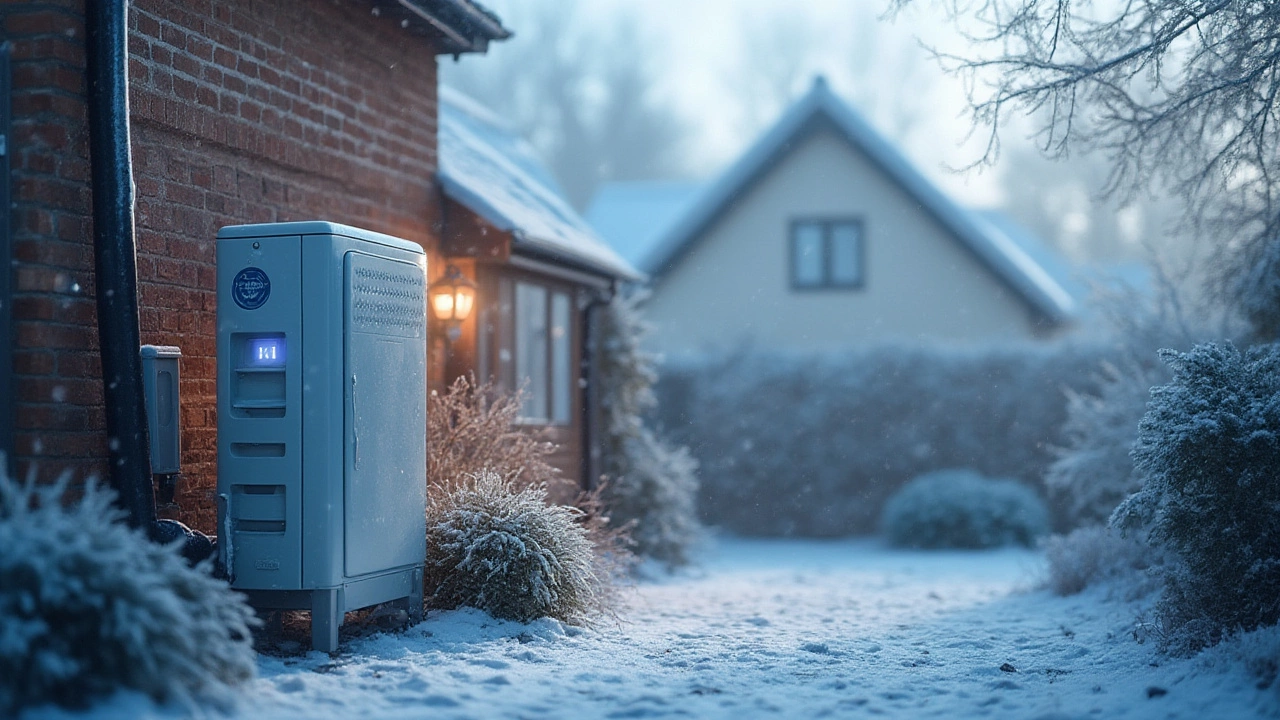
Wondering what temperature makes a heat pump stop working well? Learn the cold limits, key facts, and expert tips for running heat pumps in harsh winters.
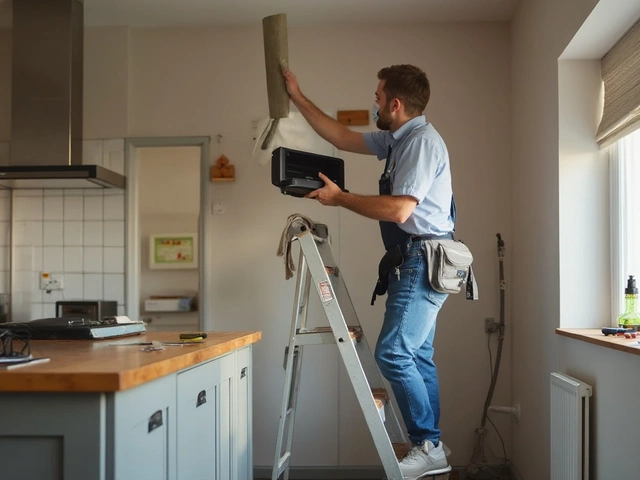
Wondering if you can swap out an extractor fan without calling in a pro? This article breaks down what it really takes to replace an extractor fan yourself, from the easy steps to watch-outs that could trip you up. Learn which tools you’ll need, how to stay safe with electricity, and where to draw the line and call an expert. Get helpful tips and facts straight from a practical perspective. Perfect for anyone ready to tackle a home repair without risking their safety or their ceiling.

When your water heater only puts out cold water, it’s more than just annoying—it can point to real problems inside the unit. This article breaks down the most common reasons behind a water heater that refuses to warm up, from tripped breakers to busted heating elements. You’ll find tips on quick checks you can do at home before calling a pro, plus some unexpected facts about how water heaters really work. Knowing what’s wrong can save you from a frigid morning shower and a giant repair bill. Get ready to tackle that cold water problem with practical advice you can use right away.
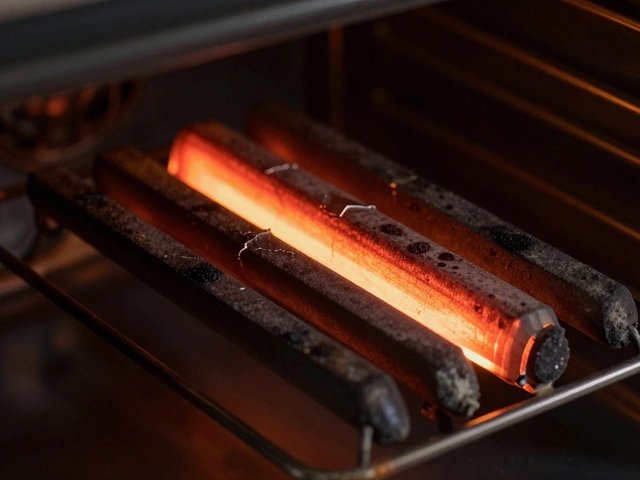
Learn how to tell if your electric oven element is bad with simple visual checks and a multimeter test. Save time and money by diagnosing the issue yourself before calling a repair technician.
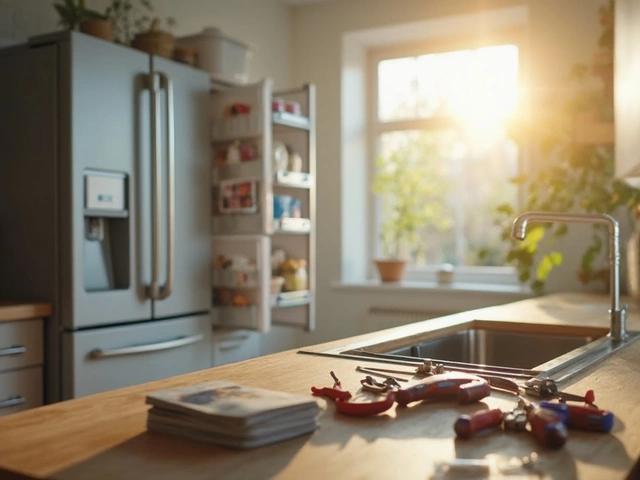
Discover what makes some refrigerator repairs more costly than others. From compressor issues to electronic faults, fixing these problems can hit your wallet hard. We'll uncover why some are pricier than others and offer tips on how to avoid them. Learn about preventive measures to save you money in the long run. This guide is a must-read for every fridge owner looking to keep repair costs at bay.
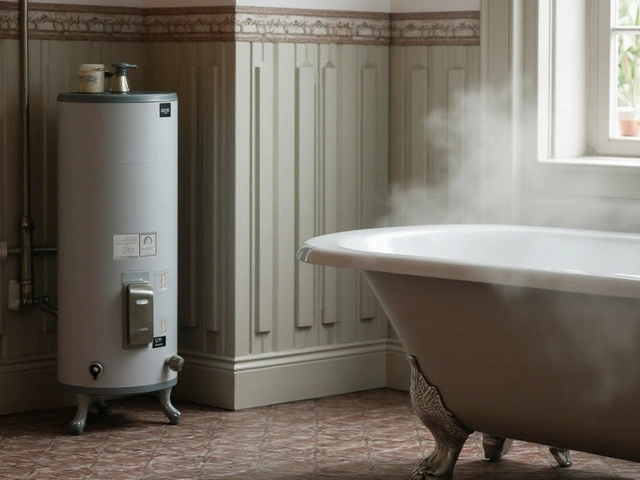
This article delves into the debate between Rheem and AO Smith water heaters, two titans in the world of home appliances. It provides a comprehensive comparison, exploring key aspects like energy efficiency, durability, and cost-effectiveness. It also highlights some interesting facts and practical tips to help you choose the right water heater for your needs. Whether you're looking to upgrade your system or repair your current unit, this guide aims to provide valuable insights.